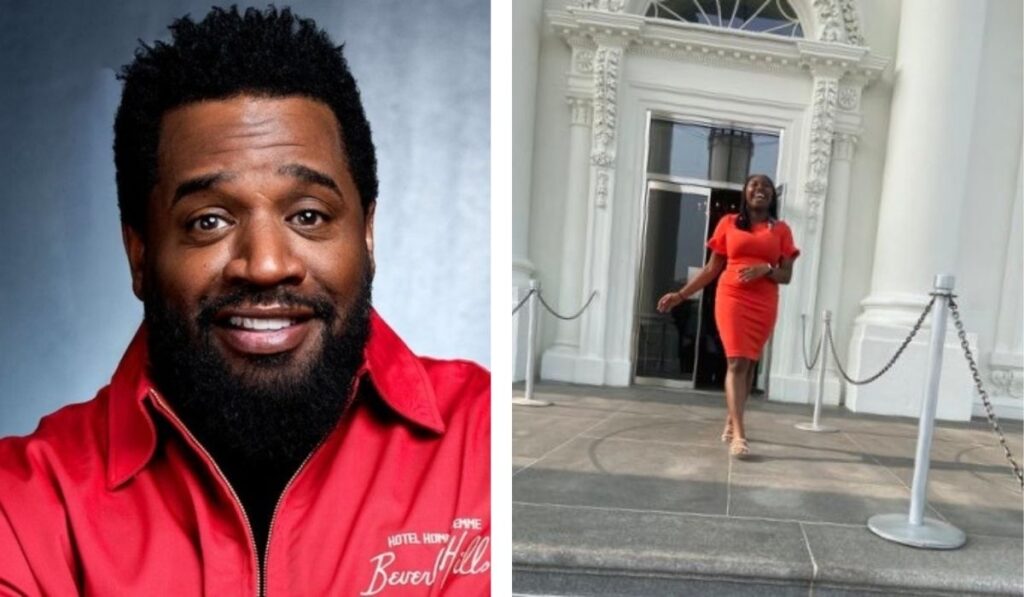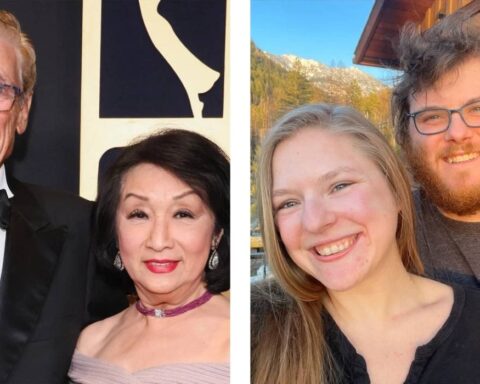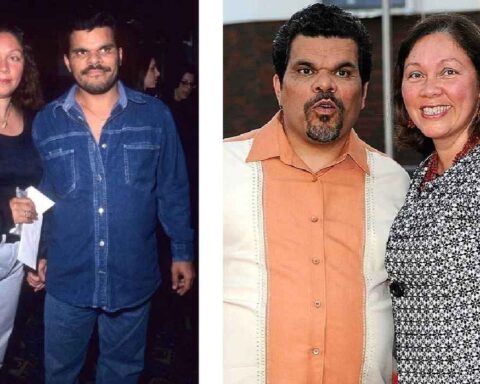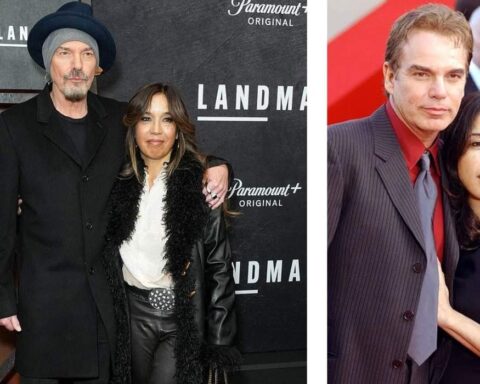In the dynamic world of international journalism, policy analysis, and cross-cultural engagement, few names carry the subtle influence and intellectual weight of Yuko Kubota. While not widely known among casual readers, Kubota’s presence is significantly felt in journalistic and political analysis circles, particularly in relation to Japan’s media, government, and foreign policy landscape. As a professional who has worked both behind the scenes and in public-facing roles, Yuko Kubota embodies the increasingly global nature of modern thought leadership—where cultural fluency, political insight, and communication skills are indispensable. This article explores the fascinating life, education, career, and public impact of Yuko Kubota, uncovering details that many may not know, but should.
Quick Bio
| Personal Details | Information |
| Full Name | Josh Blue |
| Date of Birth | November 27, 1978 |
| Place of Birth | Cameroon |
| Medical Condition | Spastic Hemiplegic Cerebral Palsy |
| Profession | Comedian, Actor, Artist |
| Notable Achievement | Winner of NBC’s Last Comic Standing (2006) |
| Television Appearances | The Ellen DeGeneres Show, America’s Got Talent |
| Paralympic Involvement | Former member of the U.S. Paralympic Soccer Team (Athens 2004) |
| Residence | Denver, Colorado |
| Children | Simon and Seika |
Early Life and Cultural Roots
Yuko Kubota’s background plays a crucial role in understanding her career and worldview. Born in Japan, she grew up immersed in the traditions and social nuances of a culture known for its complexity and refinement. Kubota’s upbringing likely emphasized discipline, education, and respect for knowledge—hallmarks of many Japanese households. However, what makes her story unique is her eventual expansion beyond these borders into the global arena. Like many ambitious individuals with a thirst for understanding and change, Kubota recognized early on that engaging with the world beyond Japan would be essential to her journey. Her bicultural and bilingual capabilities allowed her to develop a nuanced perspective, which would later become vital in her professional life.
Academic Foundations: Building a Bridge Between East and West
Education has always been a cornerstone in shaping forward-thinking professionals, and Yuko Kubota is no exception. She pursued her academic studies in prestigious institutions that offered a global perspective. Her ability to think critically across cultures and disciplines became apparent during her university years. Though details about her specific degrees are limited in public records, her strong command of both Japanese and English suggests a rigorous academic background—possibly in international relations, political science, or journalism. Kubota’s education was not just about textbooks; it was a launchpad for developing analytical skills, critical inquiry, and cultural empathy—qualities that would define her career.
Career in Journalism: Reporting With Depth and Integrity
One of the most prominent aspects of Yuko Kubota’s career has been her work in journalism. She served in key editorial roles for major news outlets, including Reuters, where she provided coverage of Japanese economic policy, governmental affairs, and international relations. Her work at Reuters placed her at the heart of complex news cycles involving political reforms, corporate restructuring, and diplomatic shifts in East Asia. Kubota’s style was not flashy or sensationalist; rather, she focused on depth, accuracy, and context—earning her respect among peers and professionals alike. Her journalism was not just about reporting facts; it was about shaping a narrative that helped global audiences understand Japan beyond stereotypes.
Transition to Government and Public Policy Roles
In addition to journalism, Yuko Kubota expanded her expertise into the realm of public policy and governance. Her transition from media to policy analysis signaled her desire to influence change from within. Kubota worked as a communications advisor in Japanese government-affiliated institutions and think tanks. Her insider knowledge of governmental systems, coupled with her journalistic background, gave her a unique vantage point to comment on and influence policy directions. Her work often involved advising on public messaging, strategic communications, and bridging gaps between policymakers and the international community. She was not just an observer—she was part of the machinery that shapes national policy.
Advocacy for Press Freedom and Transparent Governance
A notable aspect of Yuko Kubota’s influence is her advocacy for press freedom and transparency in governance. In an era where media freedom is often under threat—especially in tightly controlled political environments—Kubota’s stance is both brave and vital. She has spoken out about the challenges that journalists face in Japan, including government pressure, limited access to key decision-makers, and societal taboos. Her insights have been featured in international forums and publications, where she encourages reforms to ensure that the media can operate freely and critically. For Kubota, press freedom is not just a journalistic issue—it’s a democratic one.
Thought Leadership and Public Commentary
Beyond her official roles, Yuko Kubota is a thought leader who frequently contributes opinion pieces, interviews, and expert commentary on Japanese politics and international affairs. Her commentary stands out for its clarity, cultural insight, and balanced perspective. Whether discussing Japan’s foreign policy with China, its energy strategies, or its aging population crisis, Kubota provides a voice of reason grounded in both data and lived experience. Her ability to interpret complex policies for a global audience makes her a sought-after speaker and analyst. She’s a bridge between worlds—helping outsiders understand Japan, and helping Japan present itself to the world.
Women in Media and Policy: Breaking Barriers
As a woman in traditionally male-dominated sectors—journalism and government—Yuko Kubota has broken barriers quietly but effectively. The Japanese media landscape, much like its political sphere, has often been criticized for gender imbalance. Kubota’s ascent to leadership roles in these fields is a testament to her capability, resilience, and integrity. She serves as an inspiration for younger women seeking to make a mark in policy or media. By occupying influential positions and speaking on issues that matter, she’s paved the way for more inclusive representation in these critical fields. Her career stands as proof that expertise and merit can transcend gender norms.
The Global Relevance of Yuko Kubota’s Work
Yuko Kubota’s work may be rooted in Japan, but its implications are global. In a time where geopolitical tensions are high and international cooperation is fragile, voices like hers are essential. Her insights into how Japan navigates diplomacy, economy, and internal reform provide valuable lessons for policymakers around the world. Moreover, her ability to translate cultural nuances for Western audiences is increasingly important as the world becomes more interconnected. Kubota represents a new breed of professionals—global citizens with local roots, using their expertise to foster mutual understanding and informed decision-making across borders.
Public Perception and Media Presence
Despite her achievements, Yuko Kubota maintains a relatively low public profile, choosing substance over celebrity. She is respected within professional networks, but not often featured in mainstream media. This has led to a certain mystique about her persona—who she is, what drives her, and what her personal values are. Yet, this reserved presence only adds to her credibility in fields where performance often overshadows purpose. Kubota lets her work speak for itself. Whether through a well-researched article or a measured statement in a policy paper, her contributions are impactful, even without fanfare.
Legacy and Ongoing Contributions
As of now, Yuko Kubota continues to contribute meaningfully to media, policy, and public discourse. Whether through consulting roles, writing, or mentorship, she remains an active participant in shaping Japan’s role in the global community. Her career path serves as a case study in how one can evolve across industries while maintaining a consistent commitment to truth, equity, and cultural fluency. Her legacy is still in the making, but already it serves as a blueprint for future professionals who seek to combine journalism, governance, and global thought leadership.
Frequently Asked Questions About Yuko Kubota
1. What is Yuko Kubota best known for?
- Yuko Kubota is best known for her work as a journalist and policy advisor, particularly her reporting on Japanese government affairs and her advocacy for press freedom and transparency.
2. Has Yuko Kubota worked for any major news organizations?
- Yes, she has worked for Reuters, where she covered political and economic stories in Japan with a strong emphasis on accuracy and depth.
3. Is Yuko Kubota involved in Japanese government or policy circles?
- Yes, she has served in advisory roles, providing strategic communications expertise within governmental and policy think-tank settings in Japan.
4. Why is Yuko Kubota considered influential?
- Her influence comes from her ability to bridge Japanese and Western perspectives in journalism and policy, making her a valuable commentator and analyst on East Asian affairs.
5. Is there any public social media presence for Yuko Kubota?
- As of now, Yuko Kubota maintains a minimal public profile and is not prominently active on major social media platforms, focusing instead on professional contributions and analysis.









